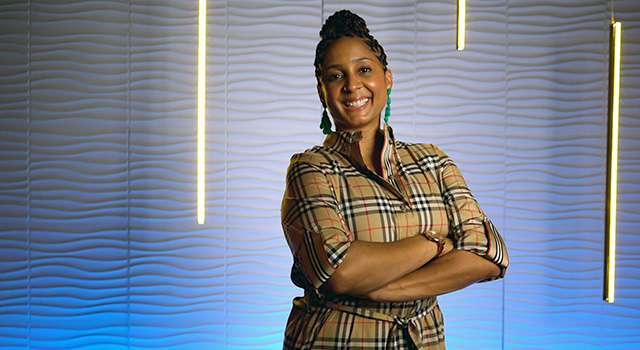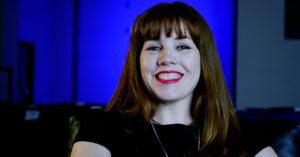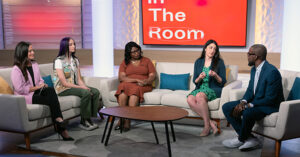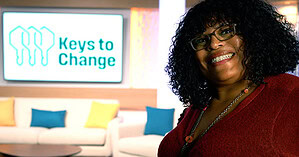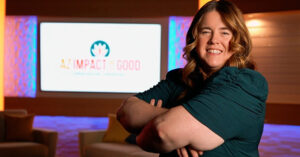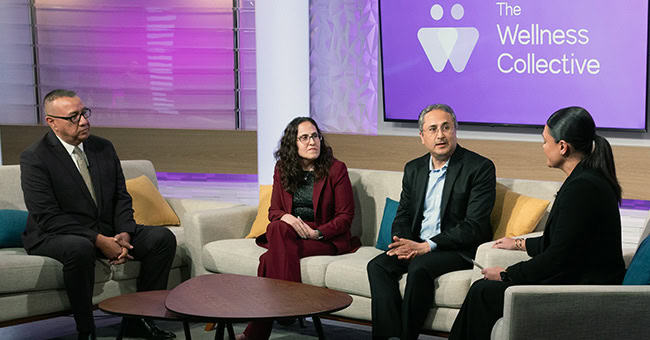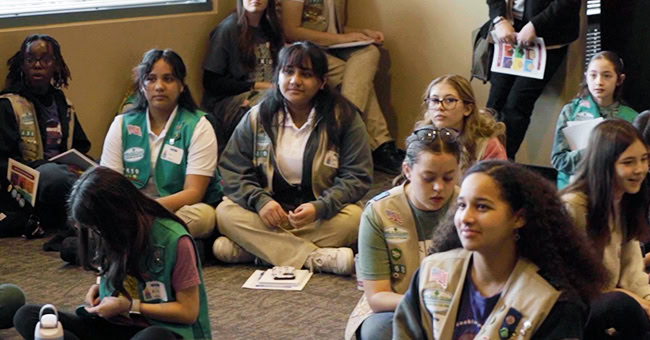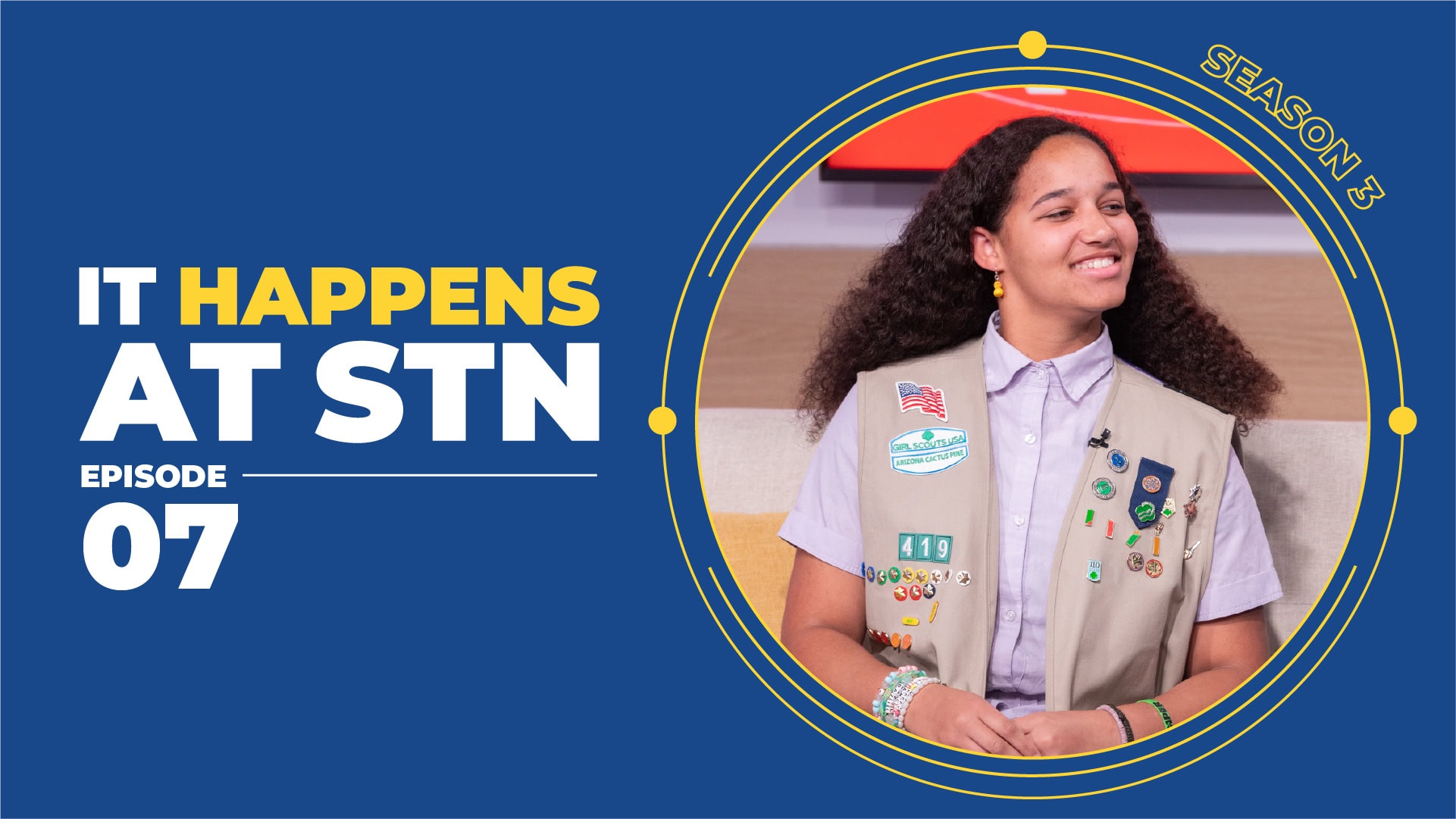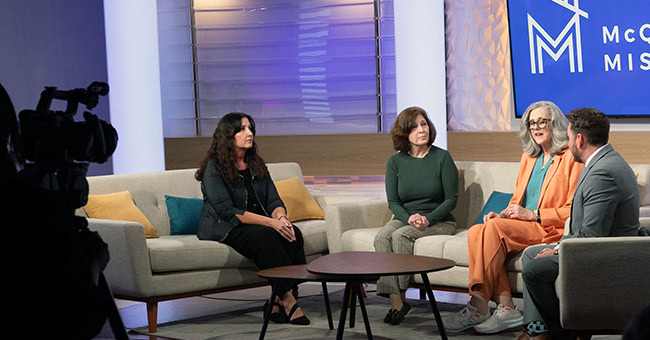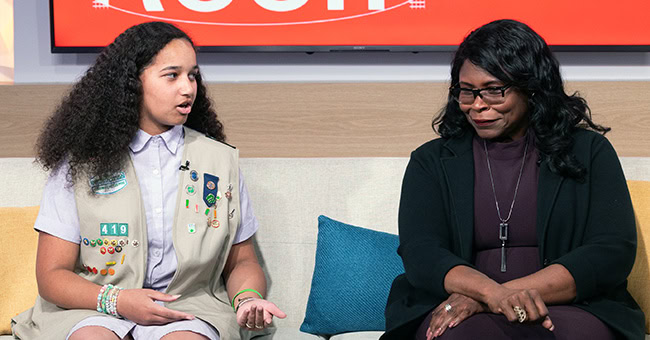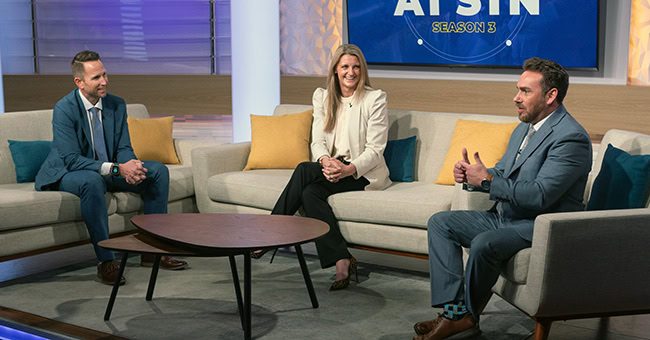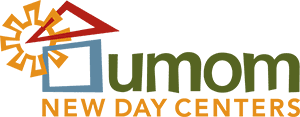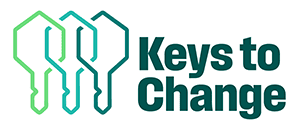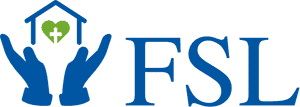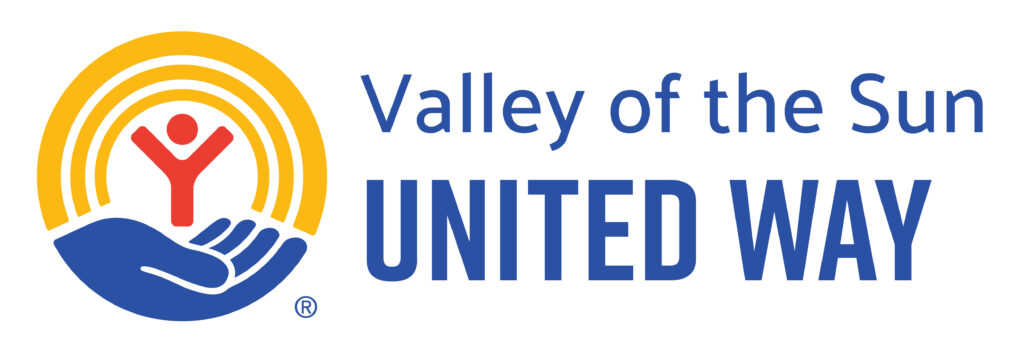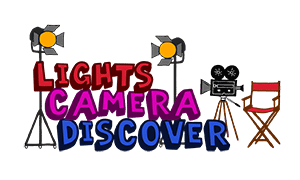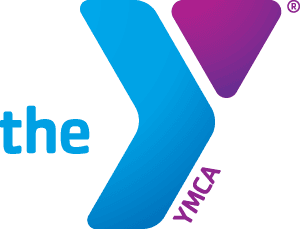Monique Lopez spent her childhood going from one gymnastics competition to the next. It eventually helped her earn a spot at one of America’s most prestigious public universities, the University of California, Berkeley.
During her time at Berkeley, Lopez volunteered at a local juvenile hall, teaching legal classes to the kids in the detention program. While teaching the kids in her classes the inner workings of the legal system, she realized she wanted to pursue a career advocating for the less fortunate. Years later, after a move from the Bay Area to Phoenix, Arizona, Lopez finds herself as the COO of UMOM New Day Center where she runs the largest homeless shelter for families and single women in Arizona.
.Web exclusive extended interview below:
STN:
Where are you originally from and what was your childhood like?
Monique Lopez:
I was born and raised in San Diego, California. My parents were both in the military. My dad served in the Navy, and my mom was in the Army; they met while stationed in San Diego. I am an only child and spent most of my youth playing sports, particularly gymnastics. It was my primary sport, and I competed throughout my childhood and into college at UC Berkeley.
During my time at UC Berkeley, I discovered my passion for giving back through nonprofit work. While in school, I had the opportunity to volunteer at a program teaching legal education to youth in juvenile hall. The classes focused on their rights and responsibilities under the law. It was the first time I saw the impact of legal troubles on young people and their potential entanglement in the cycle of incarceration. While I was working with the kids in the legal education program, I realized I wanted to dedicate my career to helping those who needed a cheerleader to advocate for their rights and shed light on critical community issues. That’s where the inspiration for my current work began.
STN:
Did you have a specific moment while working with the kids that made you realize you wanted to pursue community work as your career?
ML:
What’s interesting about young people is their honesty. They say exactly what’s on their minds. It was during those moments I spent with them, despite being in circumstances where laws were broken and young people were incarcerated, that I realized something profound: Young people want to give back and contribute to their community. They wanted to share their experiences and situations with adults and others. Much of our conversations revolved around their desire to prevent others from being in similar situations. My experience working with this group of kids ignited a passion within me to continue supporting those who need advocates, especially during difficult times, and to mobilize communities around important issues, even if they’re unpopular. I knew without a doubt that this was the path for me.
STN:
Give us the timeline of your career before you started working at UMOM New Day Centers.
ML:
I spent about 10 years working at a nonprofit focused on juvenile justice in the Bay Area. Initially, I was involved in direct service, teaching legal education courses, but I gradually transitioned into a role focused on impact evaluation and strategy. This journey led me to become the director of evaluation and learning for the nonprofit. Along the way, I came to appreciate the profound impact that direct service providers can have. However, I also recognized that my strengths lay in demonstrating the broader impact of our work at a systems level. I wanted to showcase what was effective and what wasn’t, allowing us to serve a larger community beyond just those directly in my caseload.
STN:
How did you end up working for UMOM New Day Centers?
ML:
After a couple of decades in northern California, my family and I decided to move to Phoenix. My parents were retired and already living in the state. I have young kids and it just seemed like a good move for us. At the time, I was not sure if the nonprofit work in Arizona was anything like the nonprofit work in Northern California, which can be pretty heavily resourced.
The short version of the story is UMOM found me. I wasn’t looking for a job at the time. I wanted a little bit of a break. Nonprofit work can be taxing and I had come to Arizona with an open mind thinking I would go in a different direction and do work for a foundation, or do some kind of grant writing, but UMOM found me. I realized very quickly that serving the homeless population is very similar to the young people that I was working with. I immersed myself in homeless services, where I discovered a newfound passion, particularly for supporting families experiencing homelessness. The unique challenges faced by children in these situations resonated with me and it created the passion I have to make a difference in their lives.
STN:
What is the day-to-day like for you in your current role as COO?
ML:
As the COO of UMOM, I feel like I have my hands in almost everything. Some of the primary work is around keeping the trains running on time and making sure that UMOM is well-resourced so we can do the most impactful work for those experiencing homelessness in our communities. One of the things that’s humbling in my day-to-day work is looking out the window and seeing kids hop off of a bus coming to live on our campus. It is a constant reminder the work is not done. So, I spend my days fundraising, being in meetings, talking about the issue and making sure our staff feels supported. We are constantly looking at our program models to make sure we are doing more of what works and less of what doesn’t.
STN:
How would you describe UMOM New Day Centers to someone?
ML:
UMOM is the largest homeless-serving nonprofit for families in the state of Arizona. We primarily serve families however, we also serve some single women. Shelter, housing, supportive services, case management and workforce development, are the things we focus on. We want to make sure when people experiencing homelessness come to us they can easily navigate the system. Our goal at UMOM is to get them in, get them out, and on successfully in the next chapter of their life as quickly as possible.
STN:
Why is collaboration so important in the work you do at UMOM New Day Centers?
ML:
What I’ve learned in my time at UMOM is that every agency, every leader has their genius or their superpower. People need to do what they are good at and refer to other providers or folks doing something else better. It has been a focus of mine at UMOM, making sure I have a clear understanding of what UMOM excels at and promptly referring clients to other providers for services beyond our scope.
STN:
How should another leader or organization get through to you if they are looking to collaborate with UMOM New Day Centers?
ML:
I am very solutions-oriented. Solving big problems is one of my strengths. However, it’s not just about discussing the issue or seeking funding; it often requires collaboration and coordination with others who share the same energy and passion for problem-solving. I prefer to work with leaders who come to me and tell me how they can help while also asking how I can help. I think if we can work together with that type of approach we can solve any problem.
STN:
What advice would you give another leader who may be watching this and wondering how they can get involved in helping solve big community problems?
ML:
This work is incredibly important, and if you find fulfillment in helping others, I encourage you to reach out to someone in the community who shares your passion. Helping the homeless population brings me a lot of joy, it’s the reason I wake up every morning. In a country like the United States, it’s unimaginable that we have homeless families and children struggling for support. I think it is essential to constantly ask ourselves: What more can I do? Who else can I connect with to address these challenges? It’s a great starting point for making a difference.
STN:
You mentioned that nonprofit work can be very taxing. How do you avoid burning out?
ML:
The work is hard. The hours can sometimes be long, and that can feel like burnout, but in most cases, for me, it feels like what I am supposed to be doing. So work doesn’t feel like work. It’s a constant conversation about a bigger problem that needs a solution, that doesn’t feel like work to me. It feels like me utilizing the skills and talents I have to connect with other people who want to do the same thing. I would say make sure you find something in your life that makes you feel full and doesn’t feel like work.
Being on the executive team now, I don’t have as much direct access to success stories. However, when they do occur, they are the driving force behind my work. They are the reason I wake up every day. Witnessing someone overcoming their life’s obstacles and achieving their goals, such as finding employment, securing housing, and moving forward in their life, is incredibly rewarding. I firmly believe that everyone deserves the opportunity for a better life. Personally, seeing individuals succeed, including mothers who are living in our shelter fulfills me. As a mother myself, I am committed to helping other families and children succeed. It will always be the most fulfilling aspect of my work.
To learn how you can help UMOM New Day Centers or get involved in their mission visit their website.


